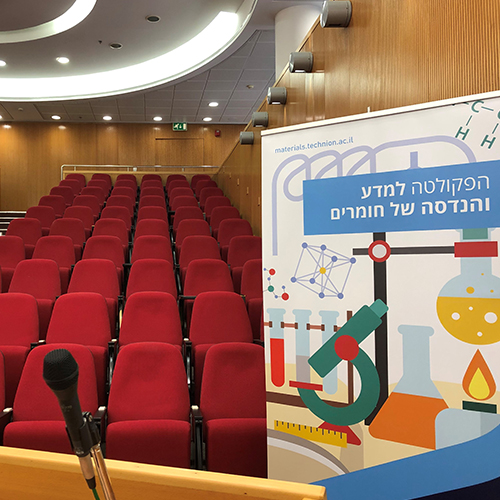
11/07/2025
David Wang Auditorium, 3rd floor Dalia Maydan Bldg.
Assoc. Prof. Eleni Stavrinidou
Laboratory of Organic Electronics, Department of Science and Technology, Linköping University SE-581 83 Linköping, Sweden
The development of bioelectronic technologies is driven by biomedical applications for example the development of new therapeutic and diagnostic tools. However, there are many important questions in plant biology that remain unanswered due to the lack of sophisticate tools. At the same time the climate change and growing population calls for plants with increased tolerance to biotic and abiotic stress and plants with higher productivity. In my group we are developing organic bioelectronic technologies for sensing and actuation in plants that overcome limitations of conventional methods used in plant science. The second part of my talk is dedicated to plant biohybrid systems. Plant processes such as photosynthesis, production of biomaterials and environmental sensing and adaptation, can be leveraged for technological purposes via integration of functional materials and devices. With conjugated oligomers introduced into the plant we are developing electronic devices within its structure. We have demonstrated that the oligomers polymerize in-vivo forming conductors, in parallel with the plant growth. The polymerization process is driven by the plants own biocatalytic machinery integrating the conducting polymers into the plant cell wall. Biohybrid plants pave the way for autonomous systems with potential applications in energy, sensing and robotics.


